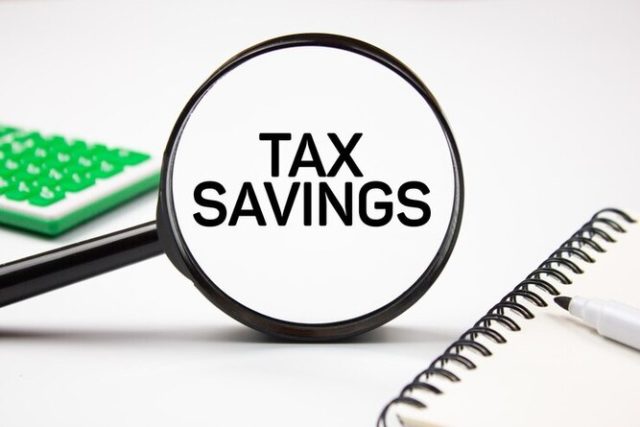There is no need to consult numerous sources for information and become perplexed in the process. Instead of relying on last-minute tactics, plan everything out throughout the year. To reduce your tax bill throughout the course of a financial year, you can use straightforward strategies to take advantage of the numerous exemptions and deductions. Follow these guidelines to ensure that your tax preparation is wise. By doing the following actions, you may be sure that your tax planning is sound:
- Employee Provident Fund (EPF)
For those who earn a salary, one of the most common tax-saving strategies is the employee provident fund. You and your company are both allowed to make a total of 12% of the income to this fund under this investing plan. You receive interest at a certain rate on the amount you contributed.
- Equities-Linked Savings Program
It is a mutual fund programme that, as its name implies, focuses on equity investing. A three-year lock-in term is applied to all ELSS investments. Additionally, ELSS is a fantastic option for wealth growth because equity shares are renowned for their high risk, high return characteristics.
- Public Provident Fund
Without a deposit inside a Public Provident Fund, or PPF, a salaried person’s income plan is lacking. Taxes are not due on the amount contributed to the account, the interest received, or the maturity amount. As a result, it’s a great way for you to invest and save on taxes.
- Life Insurance
Life insurance, one of the best tax-saving investments, is a terrific method to save money and safeguard it to cover unforeseen expenses. You can choose from a variety of insurance plans, such as term insurance with a death benefit and savings insurance, a savings plan that offers assured returns to help you achieve your objectives like tax reduction. Section 80C of the Act includes you to deduct the premiums you pay from your taxes.
- Health Insurance
Among the tax-saving expenditures that have numerous advantages is health insurance. Chronic health disorders have become more prevalent as a result of an increase in sedentary lifestyles, working long hours, and improper diet patterns, along with other environmental variables. It also offers tax advantages while protecting yourself and your family from health problems that could drain your bank account. Insurance premiums under Section 80D are eligible for deductions.
- Fixed Deposit With Tax Savings
Fixed deposits, among the most popular forms of savings, are a terrific way to make your economy work for you while also minimizing your tax burden. They have a 5-year lock-in period, guarantee returns, and are therefore a great choice if you want to make a secure investment. Additionally, Section 80C permits you to deduct taxes from your tax-saving FD.
- ULIPs
ULIPs, which stand for Unit Linked Insurance Plans, offer both investment and insurance benefits. With the money you pay in premiums, you can not only give your family financial security but also invest in a variety of assets to earn returns via careful planning. ULIPs belong underneath the EEE classification, which means investors can save taxes because the premiums charged, the returns earned, which are not subject to deduction, and the maturity sum are all tax-advantaged, provided certain conditions are met and current tax regulations are followed.
Conclusion
Salaried workers in India are the main contributors to tax revenue. Finding the best tax-saving strategies is just as important as paying taxes on time. Whereas the tax burden can be rather heavy for paid workers, investing in a number of these instruments allows you to take advantage of exemptions and deductions that assist lessen this burden.











































